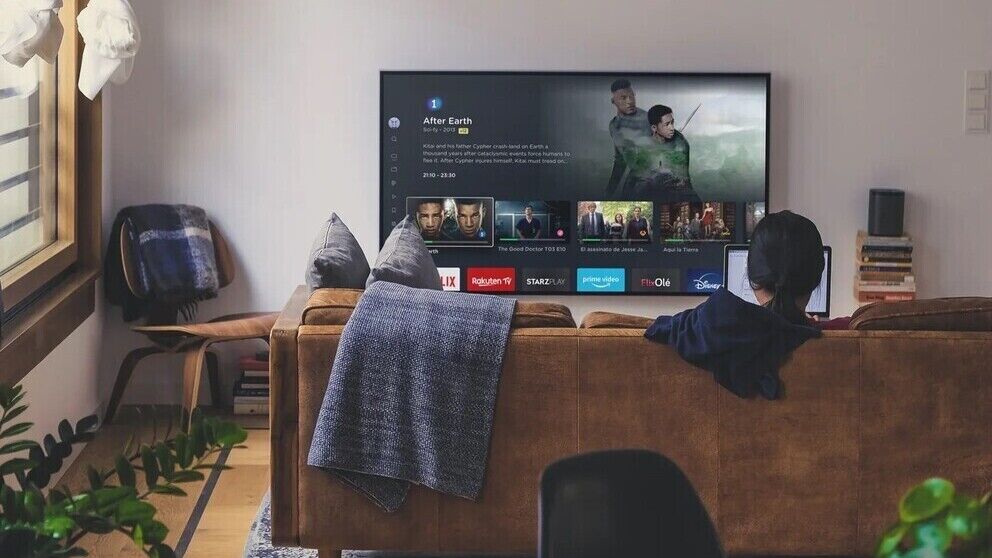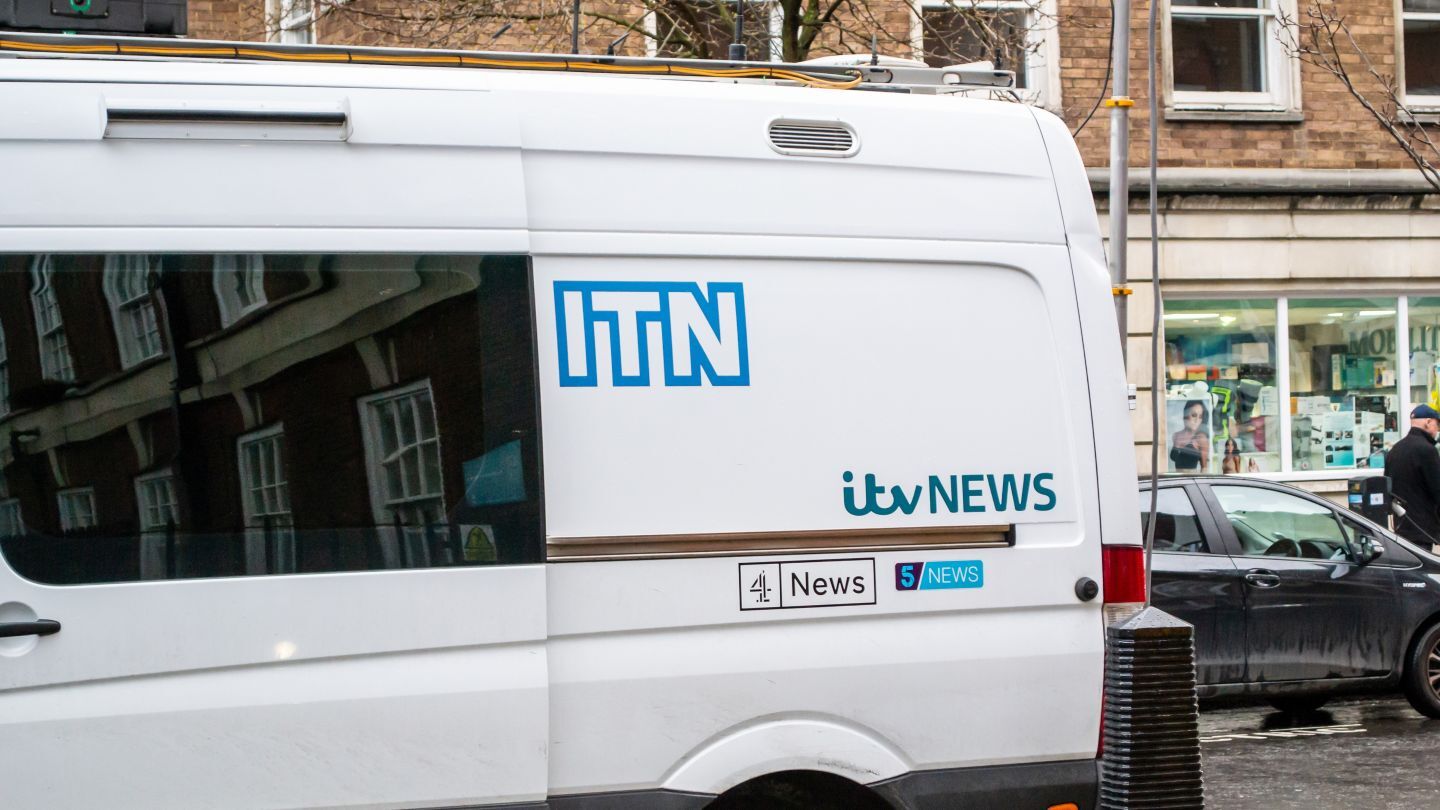In the competitive telecommunications landscape, offering excellent TV services is essential. However, Tier 2 and Tier 3 telcos and ISPs often find entering the TV service sector daunting due to a combination of limited infrastructure, technical expertise, and capital.
Building a robust TV platform requires significant investment in technology, continuous content management, and the agility to adapt to rapidly changing consumer preferences. For many, the cost-benefit analysis doesn’t add up, resulting in companies too often launching subpar TV services or none at all.

Studies show that households with bundled TV and internet services have significantly higher retention rates than those with standalone services. A recent Deloitte report showed that 40% of consumers are more likely to stay with their current provider if satisfied with their TV service. For smaller telcos and ISPs, failing to meet these expectations can result in losing competitive edge, revenue and even customers in a saturated market.
Fragmentation in the pay-TV market (Europe alone hosts over 200 pay-TV providers, most with fewer than 500,000 subscribers) is evident, especially compared to vast markets in APAC and North America.
Limitations in scalability, often involving extensive on-premise integration and significant in-house resources, has become common.

By moving to a TV-as-a-service (TVaaS) model, telcos and ISPs can enter the TV market without the usual headaches. Through outsourcing, offering soft, modular bundles that are adaptable for operator personalisation, and super aggregation, TVaaS can bring together content from various streaming services, traditional TV channels, and on-demand platforms into a single interface.
The ideal cloud-based platform covers all bases: content processing, subtitling, content management, video delivery, device assistance, and front-end apps.
By bundling TV services with broadband and mobile plans, telcos can attract more customers, increase average revenue per user, and reduce churn. Perhaps more critically, they not only outsource the services, they also reduce the complexities and externalise the risks of establishing TV services. Now smaller telcos can focus on their core strengths while ensuring their TV offerings are competitive, scalable, and profitable.
You are not signed in
Only registered users can comment on this article.

HbbTV Association formally integrates DRM in HbbTV 2.0.5
The HbbTV Association has published version 2.0.5 of its core specification, which formally integrates digital rights management (DRM). While HbbTV devices have supported DRM for many years, this is the first time it has been explicitly defined, providing a harmonised, interoperable approach across the ecosystem.

Netflix withdraws from race to acquire Warner Bros Discovery
Netflix has withdrawn from the race to acquire Warner Bros Discovery, leaving the way clear for Paramount Skydance to win the months-long battle for the historic Hollywood studio.

Avatar: Fire and Ash leads at Visual Effects Society awards
Avatar: Fire and Ash was the big winner at the Visual Effects Society’s 24th Annual VES Awards, taking home seven awards in total, including the top prize of Outstanding Visual Effects in a Photoreal Feature.

UK set to enhance regulation of major streamers such as Netflix and Disney+
The UK's biggest video-on-demand services will have to follow the same content and accessibility rules as traditional broadcasters, under new government legislation.

Charity publishes set of principles for mentally healthy productions
The Film and TV Charity has unveiled its new ‘Principles for Mentally Healthy Productions’ to help address systemic pressures and poor working practices across the UK screen sector, aiming to improve culture and conditions on productions.




